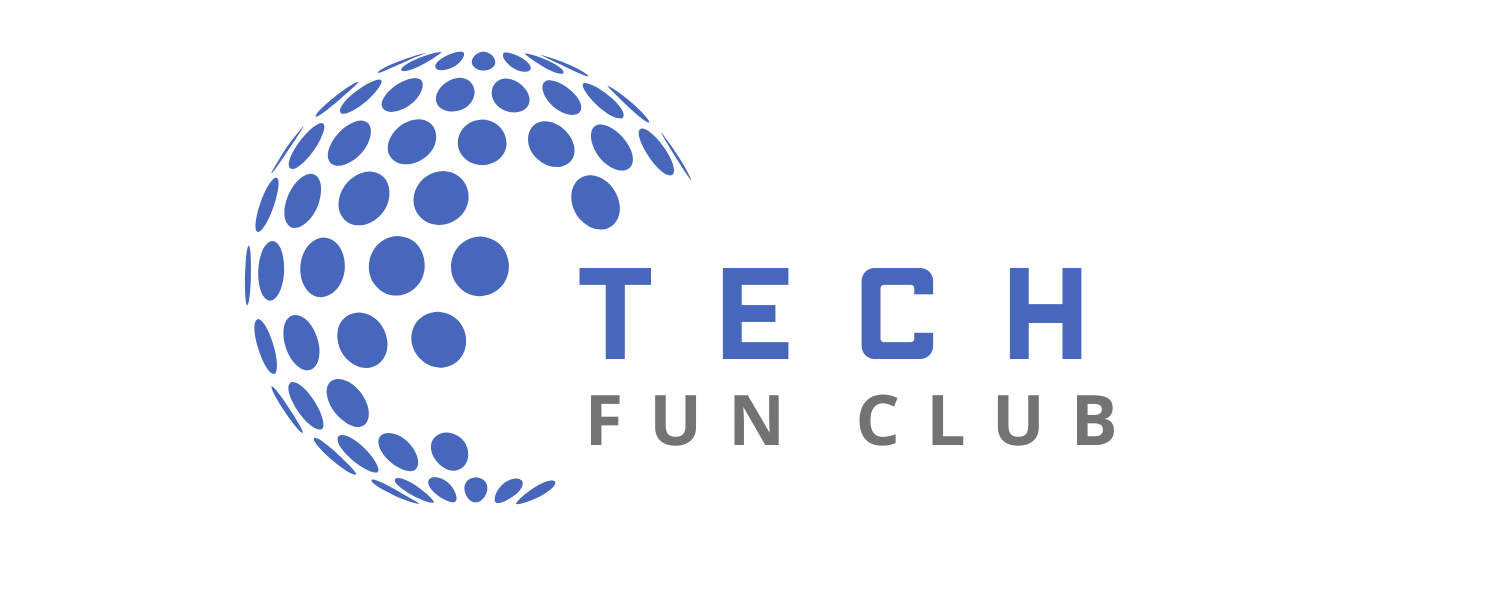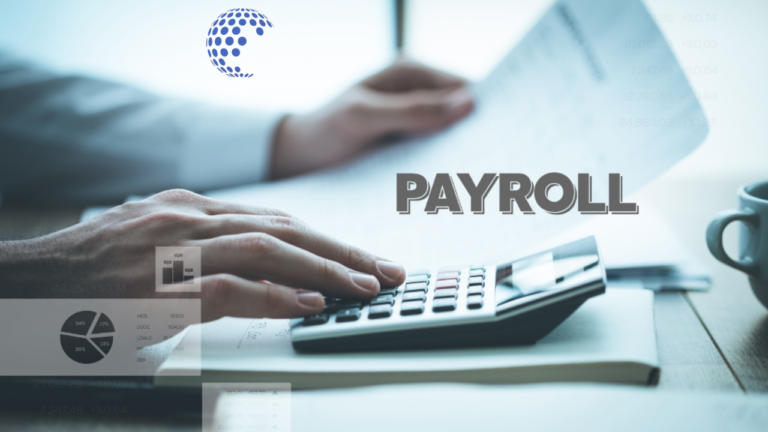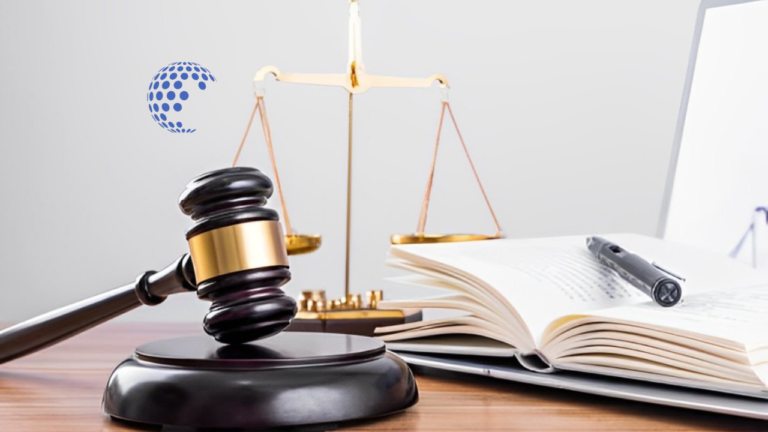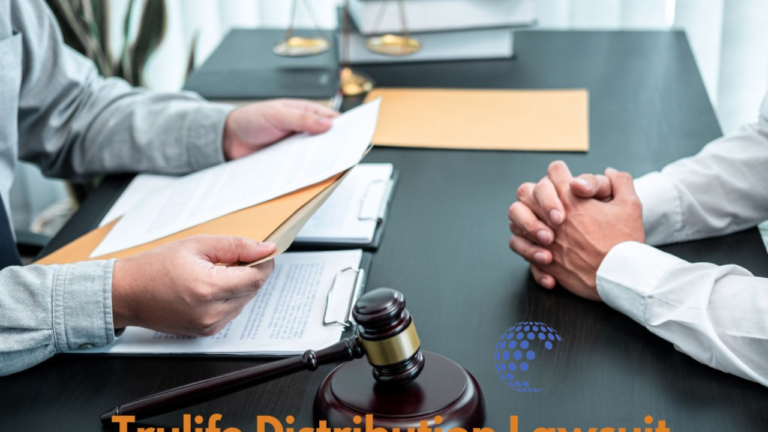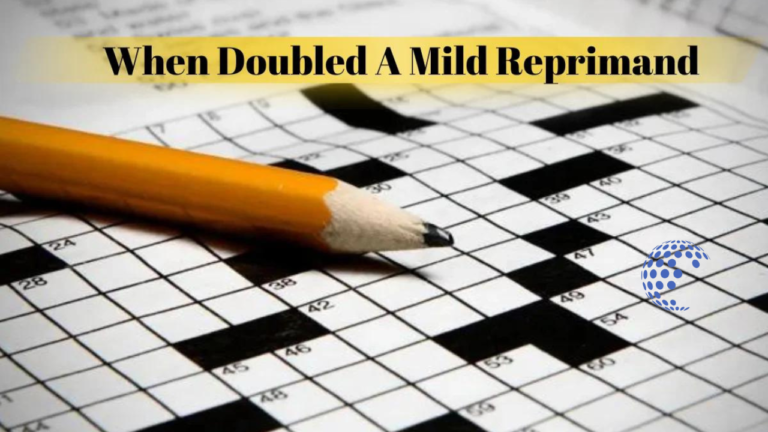What You Need to Know: The Forces That Drive Social Media Lawsuit
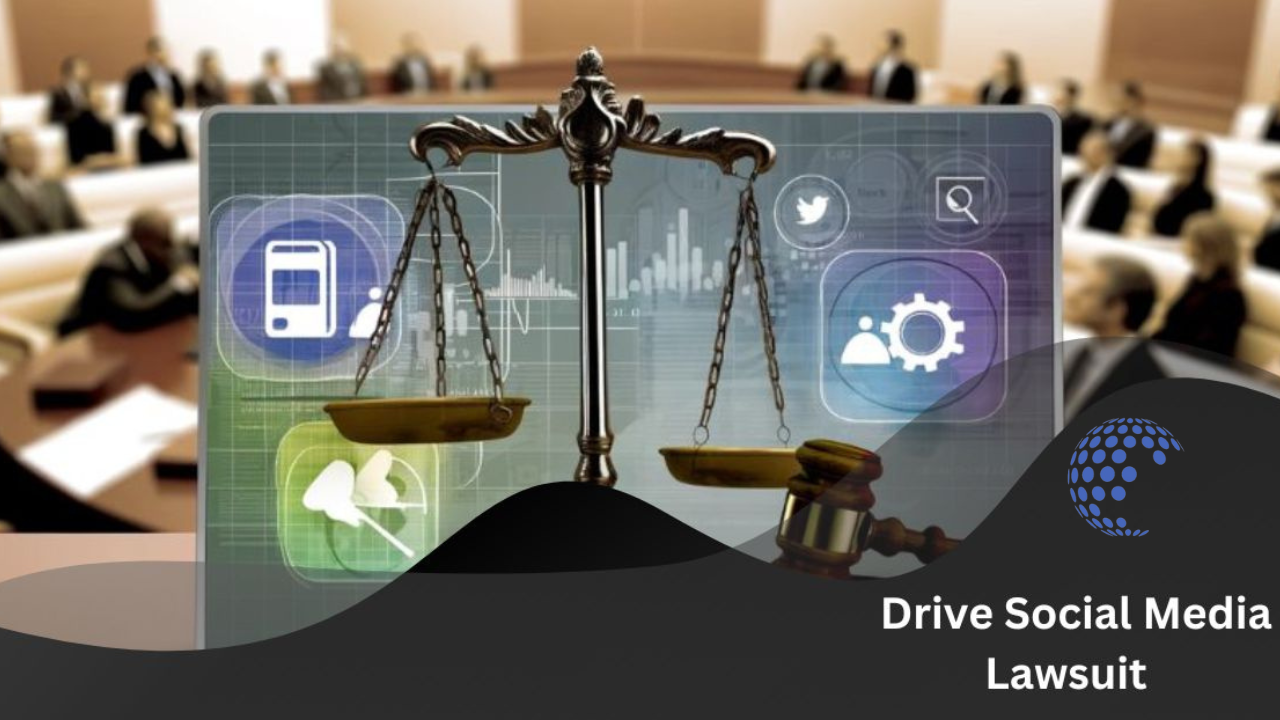
In today’s digital age, social media has become an integral part of our daily lives. However, with the rise of social media platforms comes the potential for legal disputes and lawsuits. Various factors, including defamation, harassment, privacy violations, intellectual property infringement, and regulatory non-compliance drive these lawsuits. Understanding the forces that drive social media lawsuits is essential for navigating the complex legal landscape of online interactions.
The Rise of Social Media Disputes: An Overview
The surge in social media disputes has become a notable trend in the legal world, marking a significant shift in how conflicts are initiated and resolved in the age of digital communication. This escalation is closely tied to the global expansion of social media use, where billions of interactions occur daily, laying the groundwork for potential disagreements and legal challenges.
With the digital sphere blurring the lines between public and private discourse, individuals and entities find themselves more frequently embroiled in disputes that span defamation, privacy invasions, and copyright issues, among others. The increase in these cases reflects the growing complexity of navigating social rights and responsibilities online, highlighting the critical need for legal frameworks that can keep pace with technological advancements and the evolving nature of human communication. This dynamic environment sets the stage for an ongoing discourse on the balance between free expression and the protection of individual rights in the digital age.
Defamation in the Digital World: A Common Cause for Litigation
In the realm of social media, where the spread of information is instantaneous and widespread, defamation has emerged as a frequent basis for legal disputes. The digital age makes it easier for individuals to publish defamatory content, reaching thousands, if not millions, of users in a matter of seconds. This accessibility can lead to significant reputational damage for those targeted by false allegations or misleading statements.
Consequently, victims of such defamation are increasingly turning to the courts to seek redress and protect their reputations. Legal challenges in these scenarios focus on identifying and holding accountable the parties responsible for disseminating harmful content. As social media continues to play a dominant role in our communication landscape, the incidence of defamation cases highlights the pressing need for users to exercise caution and responsibility when posting or sharing information online.
Privacy Violations: Crossing the Digital Boundary
In an era where digital footprints are omnipresent, privacy violations have become a catalyst for numerous social media lawsuits. These violations often stem from the intricate dynamics of sharing and interacting online, where boundaries between public and private spheres are increasingly blurred. Users find themselves at risk when personal data, intentionally or unintentionally disclosed, is misused or accessed without consent. Such incidents not only breach individual privacy but also challenge the ethical responsibilities of social media platforms to safeguard user information.
The litigation surrounding these issues underscores the tension between the expansive reach of digital platforms and the rights of individuals to maintain privacy in a connected world. Legal actions against both users and companies highlight the pressing demand for stringent privacy protections and the need for users to be vigilant about their online presence and the information they share.
Intellectual Property Infringement: Creativity Under Fire
The proliferation of digital content sharing on social media platforms has ushered in a new era of challenges for protecting intellectual property rights. As users frequently upload and distribute multimedia content without proper authorization, creators find themselves needing help to safeguard their original works. This unauthorized use can dilute the value of intellectual property and undermine the efforts of artists, writers, musicians, and inventors who rely on copyright, trademark, and patent laws to protect their creativity and livelihoods.
Legal battles in this domain are not only about halting the infringement but also about setting precedents that uphold the integrity of intellectual property rights in the vast, easily accessible digital landscape. These disputes emphasize the need for a careful balance between fostering innovation and creativity and ensuring that the digital sharing of content does not infringe on the rights of the original creators. As such, intellectual property infringement remains a hotbed of legal activity, reflecting the ongoing struggle to define ownership and rights in the age of social media.
Regulatory Non-Compliance: Platforms on the Legal Radar
Navigating the complex web of legal expectations, social media giants are frequently scrutinized for their adherence to various laws and regulations. This scrutiny stems from an array of standards concerning user privacy, data protection, and content moderation. When platforms fall short, whether by neglecting user data privacy or inadequately monitoring content, they become targets for legal scrutiny and actions. Such lapses can lead to substantial fines and necessitate overhauls in operational protocols.
This situation places immense pressure on these platforms to evolve constantly with the legal landscape, ensuring they are not only tech innovators but also compliant entities. Legal confrontations in this realm serve as critical reminders of the ongoing dialogue between evolving digital platforms and the static nature of law, prompting a continuous reassessment of how social media operates within the confines of established legal parameters.
Read More
The Impact of Legal Outcomes on Social Media Policies and User Behavior
The repercussions of court decisions on social media disputes extend far beyond the courtroom, significantly influencing both the operational strategies of platforms and the online conduct of their users. As legal precedents are established, social media companies may find themselves compelled to revise their content moderation policies, implement more rigorous data protection measures, and foster a safer online environment.
This evolution often reflects a response to the legal liabilities they face, underscoring the dynamic relationship between litigation and platform governance. Likewise, users become more cautious in their online interactions, aware of the potential legal implications of their actions. The collective outcome is a gradual shift towards a more legally aware and ethically responsible digital community driven by the dual forces of legal enforcement and societal expectations.
